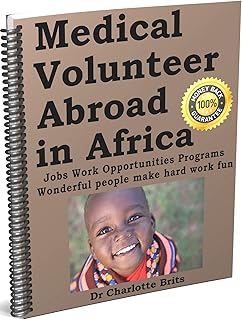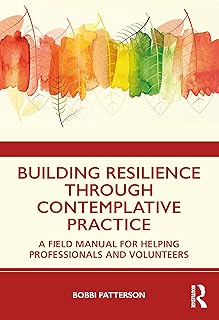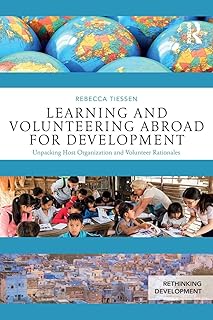Student community building apps are revolutionizing the way students engage with their local communities, fostering strong bonds and valuable experiences outside the classroom. At Schulich School of Medicine & Dentistry, Western University, the Get Connected app is empowering Bachelor of Medical Sciences (BMSc) students to explore career-relevant volunteer opportunities in London and its surrounding regions.
Through this online platform, students are provided with insights into the volunteer landscape, the specific needs of the city, and available opportunities. This initiative not only benefits students by exposing them to diverse volunteering options but also serves as a gateway for them to contribute meaningfully to the community.
The app, spearheaded by John David (Jedd) Sardido and Dr. Sarah McLean, has garnered positive feedback from students and community partners alike. It has successfully connected over 100 students to local organizations like Youth Opportunities Unlimited, Habitat for Humanity, and London Food Bank, enabling them to gain practical skills and make a tangible impact.
Dr. McLean emphasizes the importance of students becoming more civically minded through such initiatives, highlighting the value of experiential learning in complementing traditional education. By engaging with community organizations, students not only enhance their skill sets but also develop a deeper understanding of societal issues.
Jordan Cote, a fourth-year BMSc student, underscores the significance of volunteering in shaping students for future endeavors. Employers and educational institutions increasingly value candidates with hands-on experience and a strong sense of community engagement, making initiatives like the Get Connected app invaluable for students’ personal and professional growth.
The educational modules integrated into the app, designed in collaboration with community partners, serve as a bridge between students and the impactful work being done in the community. Jenna Yuen, a lecturer in the Department of Anatomy & Cell Biology, highlights the importance of creating engaging content to inspire students to take action and make a difference.
Moreover, the Get Connected initiative acts as a stepping stone for the Medical Sciences Community Outreach (MaSCOt) program, aiming to equip future healthcare leaders with a profound understanding of public health challenges. Dr. McLean emphasizes the mutual benefits of student engagement, fostering connections between Schulich and the community for long-term positive outcomes.
In conclusion, student community building apps like Get Connected not only facilitate student involvement in volunteer activities but also serve as catalysts for personal and professional development. By bridging the gap between classroom learning and real-world experiences, these apps play a pivotal role in nurturing socially responsible and competent individuals who are poised to make a meaningful impact on society.
📰 Related Articles
- Worcestershire Couple Creates Charming Micro Pub in Historic Home, Fostering Community Engagement
- University of Nebraska–Lincoln’s Coats for Kids Initiative Empowers International Students
- Truro’s Civic Engagement Shaping Community Development and Governance
- Survey Empowers International Students in Australian Workforce
- Strategies for Success in Medical School: Expert Tips for Students






